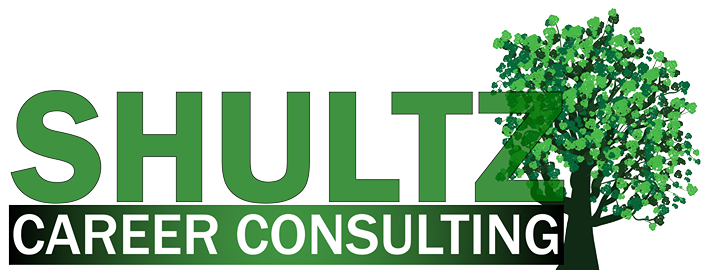What Is a Vocational Expert?
How They Support Legal Cases, Career Planning, and More
When it comes to legal cases involving employment, earning capacity, or disability, one professional often plays a key behind-the-scenes role: the vocational expert (VE). But what exactly do they do—and why are they so important in legal and career-related matters?
In this post, we’ll break down what vocational experts are, the types of work they perform, how attorneys can use their expertise in litigation, and what tools they use to reach their conclusions.
What Is a Vocational Expert?
A vocational expert is a trained professional who evaluates an individual’s employability, work capacity, and labor market access based on their education, experience, skills, and any physical or psychological limitations.
They bring objective, evidence-based analysis to questions like:
- Can this person return to work?
- What kinds of jobs are they qualified for?
- How much can they realistically earn in today’s labor market?
Vocational experts often serve as consultants, evaluators, and expert witnesses in legal cases—offering insights that can significantly impact case outcomes.
Types of Work Vocational Experts Do
Vocational experts serve a wide range of industries and needs, including:
- Legal Testimony
Attorneys often retain VEs in cases involving:
- Personal injury – to assess lost earning capacity
- Divorce – to evaluate a spouse’s ability to earn income post-separation
- Workers’ compensation – to determine if an injured worker can return to work
- Social Security Disability – to provide expert testimony on employability
- Vocational Evaluations
These include comprehensive assessments of a person’s:
- Education and work history
- Transferable skills
- Functional limitations
- Career options and earning potential
VEs also help identify whether retraining or additional education is feasible or recommended.
- Labor Market Analysis
VEs research local and national labor trends to:
- Determine job availability
- Establish prevailing wages
- Analyze market access for specific types of roles
- Career Counseling and Return-to-Work Planning
Outside the courtroom, some VEs work with individuals directly, offering career coaching, return-to-work strategies, and transition planning-especially after injury or long-term unemployment.
How Attorneys Use Vocational Experts
In litigation, vocational experts provide independent, data-driven opinions that can strengthen a case by:
- Offering credible testimony to support or dispute claims of disability or employability
- Estimating lost income or future earning capacity
- Evaluating whether someone is truly unable to work—or simply underemployed
- Supporting or opposing alimony and spousal support arguments in divorce
Their evaluations and testimony often appear in:
- Depositions and court hearings
- Mediation and settlement discussions
- Expert reports and written statements
Attorneys value VEs for their objectivity and ability to translate complex work-related issues into clear, factual analysis.
Tools & Methodologies Vocational Experts Use
Vocational experts use a range of standardized tools, databases, and methodologies, including:
- O*NET & Dictionary of Occupational Titles (DOT):
To classify jobs and understand the requirements of various occupations. - Bureau of Labor Statistics (BLS):
For wage data, employment trends, and occupational outlooks. - Transferable Skills Analysis (TSA):
To identify alternative job options based on a person’s prior work experience. - Labor Market Surveys (LMS):
Custom research that identifies real-time job openings and wage ranges in specific geographic areas. - Functional Capacity Evaluations (FCE):
In partnership with medical professionals, these assess physical and cognitive work abilities. - Career Assessments:
Tools like the Strong Interest Inventory or Myers-Briggs Type Indicator may be used to guide return-to-work or rehabilitation planning. - Vocational Testing:
Including aptitude, academic achievement, and work readiness assessments.
These tools help vocational experts ground their opinions in fact—not assumptions—and tailor evaluations to each individual case.
In Summary
Vocational experts play a critical role in both legal and career-related contexts. Whether they’re testifying in court or helping someone plan a career comeback, their insight is rooted in objective evaluation, real-world labor data, and a deep understanding of the world of work.
For attorneys, partnering with a vocational expert can mean the difference between a weak claim and a strong, evidence-based case. For individuals, working with a VE can open new doors to employment, purpose, and financial recovery.
Need a vocational expert for a legal case or career consultation?
We’re here to help. Contact us today to learn more about our evaluation and expert witness services.



